Future Generations Advisory Board

Commitment to Change
Earlier this month TYF made the commitment to start a conversation about how future decisions would be made in our Boardroom (see more here) and shortly afterwards on the 6th of October our entire staff team got together for a formal discussion about joining Boardroom2030. The team were universally supportive about the idea of giving young people a formal voice in the way that the business is run and the direction it takes in shaping the future.
Future Generations Advisory Board:
TYF’s Future Generations Advisory Board will be made up of five 14-22 olds who will each
champion one of the B Corp Impact Assessment’s core impact areas:
Governance evaluates a company's overall mission, engagement around its social/environmental impact, ethics, and transparency. This section also evaluates the ability of a company to protect their mission and formally consider stakeholders in decision making through their corporate structure (e.g. benefit corporation) or corporate governing documents.
Workers evaluates a company’s contributions to its employees’ financial security, health & safety, wellness, career development, and engagement & satisfaction. In addition, this section recognizes business models designed to benefit workers, such as companies that are at least 40% owned by non-executive employees and those that have workforce development programs to support individuals with barriers to employment.
Community evaluates a company’s engagement with and impact on the communities in which it operates, hires from, and sources from. Topics include diversity, equity & inclusion, economic impact, civic engagement, charitable giving, and supply chain management. In addition, this section recognizes business models that are designed to address specific community-oriented problems, such as poverty alleviation through fair trade sourcing or distribution via microenterprises, producer cooperative models, locally focused economic development, and formal charitable giving commitments.
Environment evaluates a company’s overall environmental management practices as well as its impact on the air, climate, water, land, and biodiversity. This includes the direct impact of a company’s operations and, when applicable its supply chain and distribution channels. This section also recognizes companies with environmentally innovative production processes and those that sell products or services that have a positive environmental impact. Some examples might include products and services that create renewable energy, reduce consumption or waste, conserve land or wildlife, provide less toxic alternatives to the market, or educate people about environmental problems.
Customers evaluates a company’s stewardship of its customers through the quality of its products and services, ethical marketing, data privacy and security, and feedback channels. In addition, this section recognizes products or services that are designed to address a particular social problem for or through its customers, such as health or educational products, arts & media products, serving underserved customers/clients, and services that improve the social impact of other businesses or organizations.
The Advisory Board will constructively challenge and support the TYF Board to develop strategy and delivery that fully takes the needs of Future Generations in account. They’ll have revolving responsibility to present their recommendations to the board, with a vote that counts. The Advisory Board will be paid a real living wage for their time, have permanent access to TYF’s adventure activities and courses and take part in a residential personal development programme each year.
The Future Generations Advisory Board will be supported and coached by a group of 10 Impact Ambassadors, chosen for their subject expertise and desire build to a fairer playing field for future generations. The Ambassadors will act as mentors to each of the young people involved in the project and help them develop the confidence and skills to make significant impact.
Draft timeline:
November 5th 2021
Formal activation of Boardroom 2030 by the TYF Board. The board will discuss and sign off the role of the Future Generations Advisory Board, role of Ambassadors and the process for ensuring that recommendations from the advisory board are given due consideration in the development of TYF’s strategy and delivery plans.
November 2021 – January 2022
Creation and distribution of communication and marketing assets. Interviewing and selecting Future Generations Advisory Board Members
February 4th 2022
Formal launch of TYF Future Generations Advisory Board with the main board.
Get involved:
To be involved in our Boardroom2030 plans get in touch with us by emailing people@tyf.com




Leave a comment